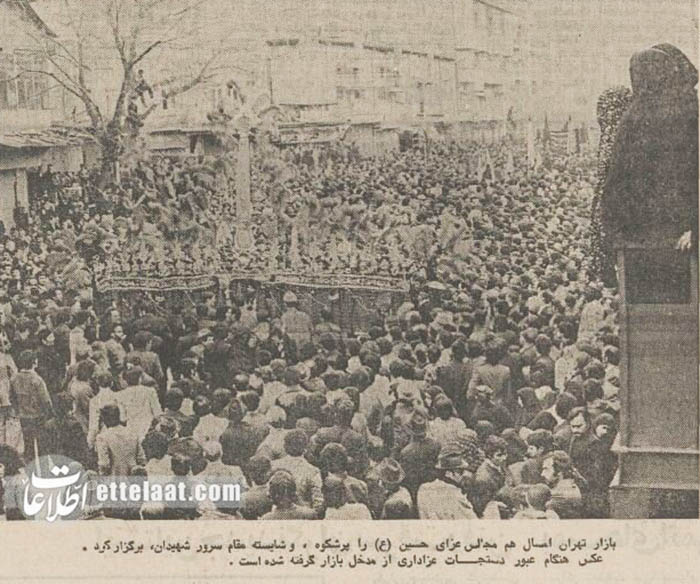Ashura as a Public Holiday
Ashura is an official holiday in several countries, including Iran, Iraq, Lebanon, Pakistan, Bahrain, India, and Algeria. In these nations, public events, parades, and religious gatherings are organized. Government and religious institutions often support the ceremonies, which are attended by millions.
In Iraq, Karbala becomes the focal point, drawing millions of pilgrims annually. The shrine of Husayn ibn Ali sees a tremendous influx of visitors, many of whom participate in the Arbaeen walk, a 40-day commemoration post-Ashura.
Variations Across Cultures
Different regions and cultures add unique elements to Ashura observance:
- South Asia: In Pakistan and India, Ashura involves street processions, self-flagellation, and recitation of Marsiyas (elegiac poems). Taziyas (replicas of Husayn’s mausoleum) are carried through towns before being immersed in water.
- Iran: In addition to processions, the reading of the Maqtal (narrative of the martyrdom) is a staple. Theatrical performances and poetry recitations are deeply integrated.
- Lebanon and Bahrain: Public marches and communal meals are organized. In some areas, modern political themes are woven into the commemorations.
- Africa: In places like Nigeria, the Shia community observes Ashura with processions, poetry, and educational talks, often under difficult political circumstances.
Modern Interpretations and Controversies
Ashura remains a unifying yet at times divisive occasion. While most Muslims revere the historical figures involved, the differences in ritual expression can cause misunderstandings. Some Sunni scholars discourage extreme forms of mourning, such as bloodletting, and emphasize fasting and reflection.
In contrast, Shia scholars view mourning rituals as vital acts of remembrance and religious duty. Over the years, efforts have been made to bridge these differences by focusing on the shared values of sacrifice, justice, and devotion exemplified by Husayn ibn Ali.

